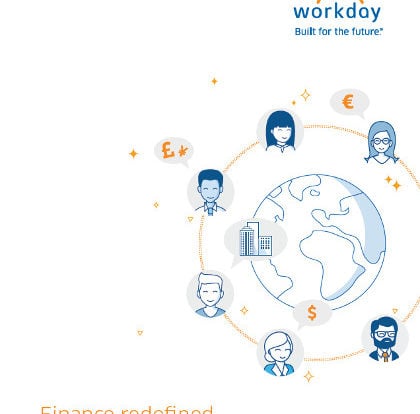UN calls for gender monitoring of Pakistani appointments

Women face social barriers to decision-making posts in Pakistan’s federal civil service, a UN study has found – prompting senior UN figures to call for the introduction of a tracking system to monitor women’s participation and access to top posts.
The proportion of new recruits to the Central Superior Services who are women has soared from 9% to 45% over the past 15 years, according to the Gender Equality in Public Administration Pakistan Case Study 2017. But gender stereotyping and social norms continue to affect civil service postings, and women tend to be concentrated in entry-level positions, the joint report by the United Nations Development Programme (UNDP) and UN Women states.
The case study, which focuses on women’s access to decision-making roles in Pakistan’s federal civil service, found that gender stereotyping and social norms play a major role in deciding civil service postings, with women in Pakistan facing “entrenched societal attitudes”.
Off target
Launching the findings in Islamabad earlier this month, UN Women country representative Jamshed Kazi said Pakistan is committed to achieving 30% representation of women in leadership positions under the UN’s Beijing Platform for Action towards equal rights for women.
The case study shows that “concentrated action” which acknowledges and addresses the barriers faced by women is required to achieve “meaningful representation of women at all levels of decision-making”, he added.
Move on many fronts

The Office of the Prime Minister of Pakistan in Islamabad, headquarters of the federal civil service (Image courtesy: Altamash jawad).
Naoko Takasu, deputy country director for UNDP Pakistan, said: “As one of the largest wage employers in the country, the public sector is an important entry point for women.
“Enhancing women’s role in leadership and decision-making will thus have an immense impact on gender equality [more widely] and on Pakistan’s successful achievement of the [UN] Sustainable Development Goals.”
The report calls for a “multi-faceted approach” that takes account of “the socioeconomic realities of women’s lives” when designing and implementing policies for increasing women’s access to decision-making positions in the Pakistan public administration.
As well as the tracking system, it recommends that gender-responsive budgets should be rolled out across the government; that coordination should be improved between the Ministry of Human Rights and Ministry of Planning, Development and Reform to promote progress on gender equality; and that a more supportive environment should be created for female civil servants by facilitating women’s networks and drawing on experience from other countries.




















Pakistan has had a female prime minister ruling the country. Not sure I can say that for a lot of nations…